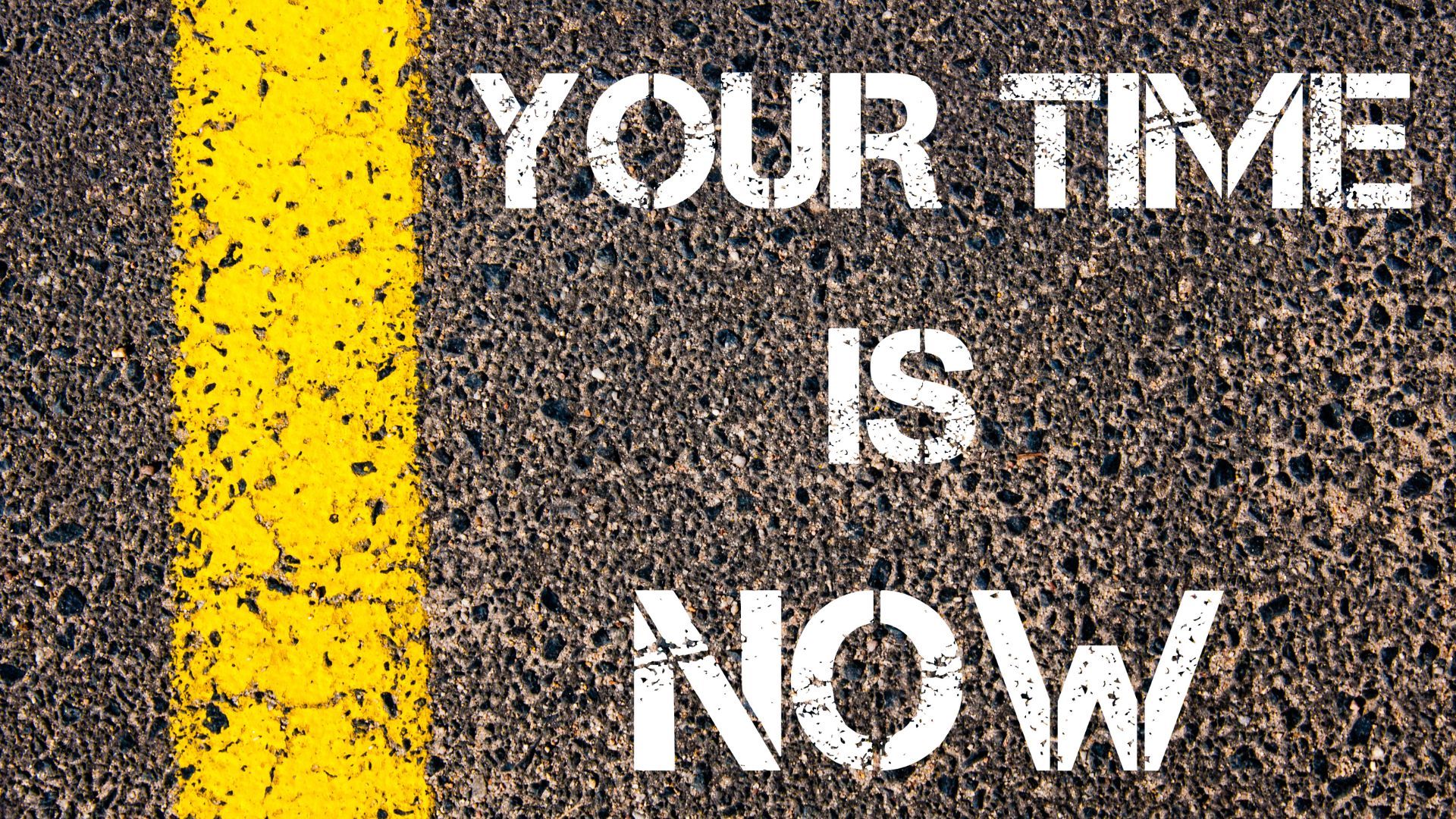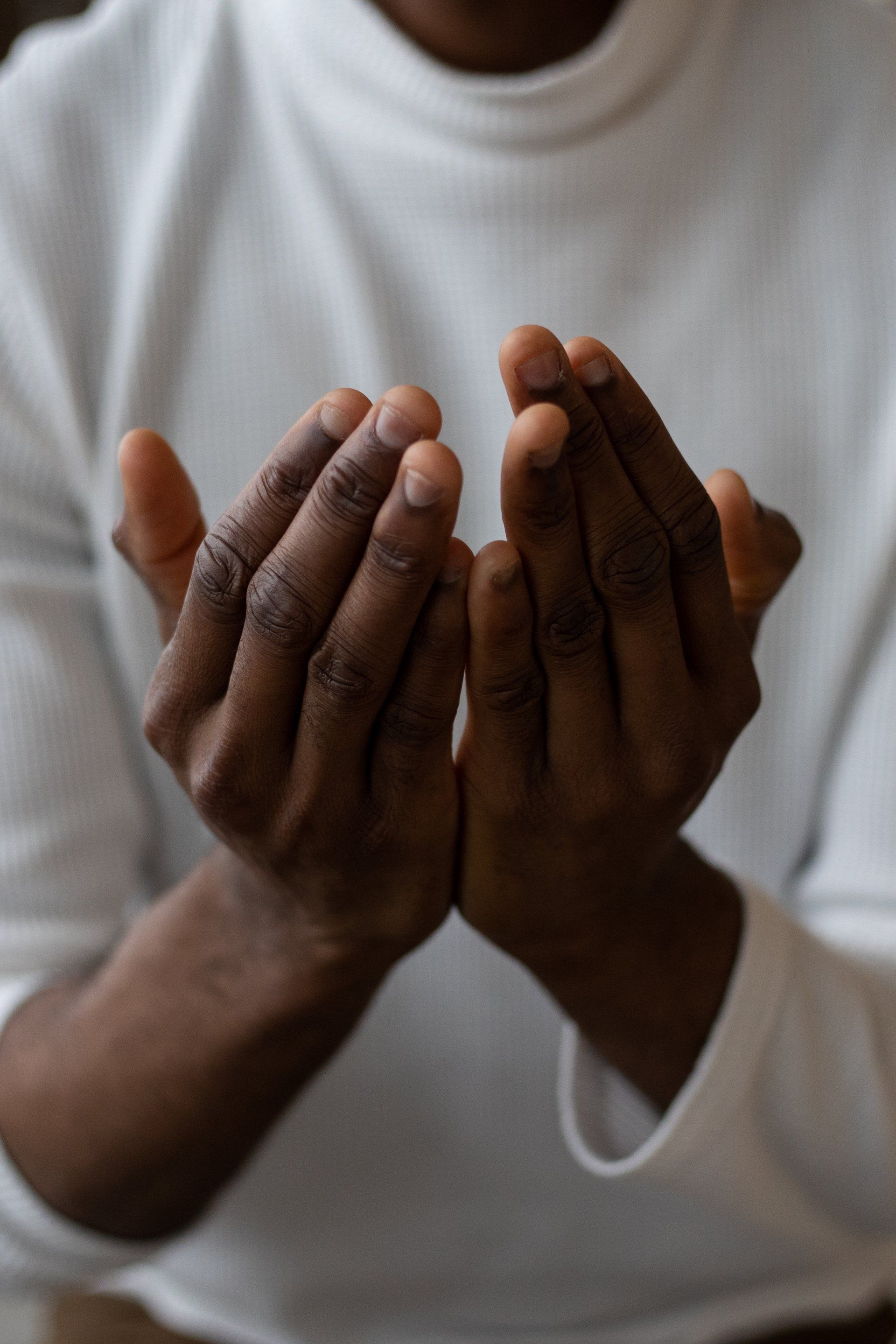By Dr. Vikki Gaskin-Butler
•
February 17, 2022
African religions and philosophy teach us that there is no distinction between the sacred and the secular. Therefore, many things that are described as sacred are no different from those things that are considered secular. The emphasis is on the unity of life. African psychology teaches us that the spirit is composed of the mind and body. Ancient Greek philosophy emphasized a separation of the mind from the body. However, ancient African philosophy emphasized the unity of life – the unity of mind and body. Therefore, to care for one’s spirit is to care for one’s mind and body as one entity. Mental health has been a taboo subject in our community. However, it is slowly losing its stigma. Some prefer to deal with mental health issues by ignoring them. Some choose to handle mental health problems via religion. We are sometimes taught to “pray about it” or to get counseling from our pastors. We somehow separate the sacred from the secular, the spiritual from the psychological, and then combine them all at the same time. That is, we may acknowledge psychological problems only to the extent that we relegate them to the spiritual realm. We sometimes shy away from discussing psychological concerns with those who are trained to help us who may or may not be religious. Instead, we choose to receive psychological services from those who are “trained” to care for our spiritual or religious needs and wonder why we do not feel better psychologically. Interestingly enough, many pastors will admit they are ill-equipped to handle the many mental health issues present in their congregations. I have encountered pastors who were relieved to have mental health professionals to whom they could turn for personal and congregational concerns. Because the sacred and secular are one, the human mind or psyche lies within our spirit. Ancient and many present day Africans understood that to care for one’s mind was to care for one’s spirit. The ancient African may have wondered why we even distinguish psychologists and other mental health professionals from clergy. To them there was no difference between the two professions. To heal the mind was to heal the spirit. Although mental health professionals have been given the charge of healing our minds, I believe they are ultimately working to heal our souls. So the next time you are confronted with a mental health issue, I suggest you consider praying about it (if you’re religious and prayer is one of your practices), seek the prayers and counsel of your religious leaders (if that is part of your religious tradition), and seek the assistance of a qualified mental health professional who can help you heal your soul.




